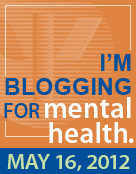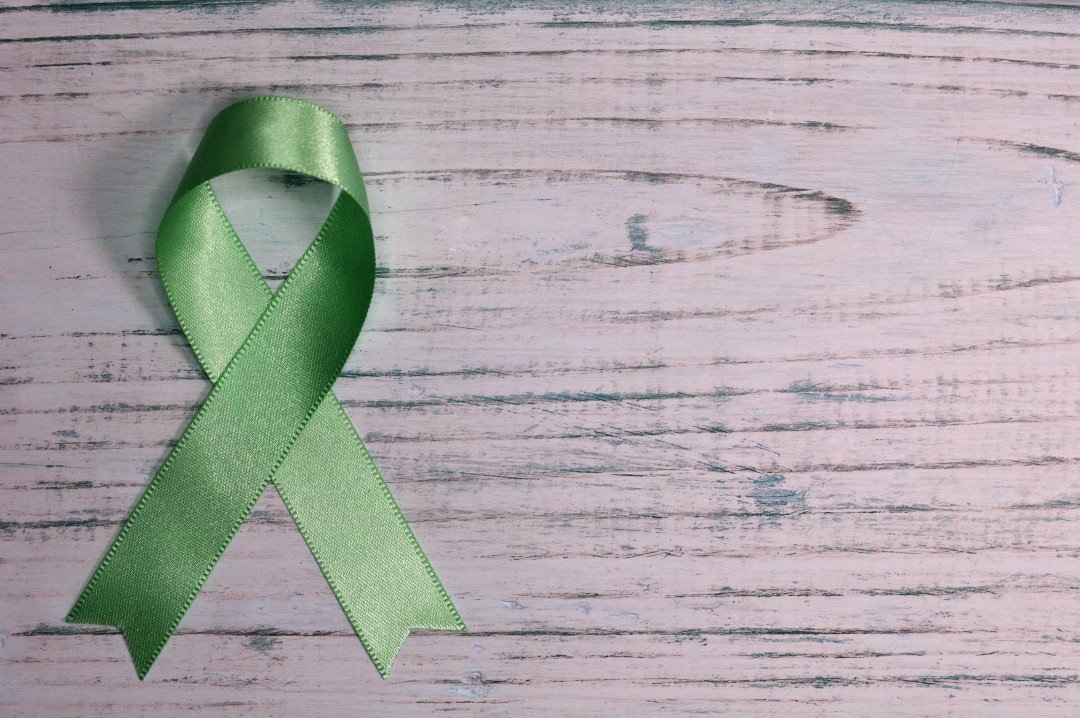I’m Blogging for Mental Health
Love and compassion are necessities, not luxuries. Without them humanity cannot survive
Dalai Lama

May is International Mental Health Month and I’m blogging for mental health.
Not long ago I witnessed an incident that left me feeling both shocked and dismayed. I was on a crowded streetcar when loud singing broke out. I turned and caught glimpse of a man in his thirties, slightly dishevelled sitting at the very back of the car. Occasionally between animated conversations with himself, he would happily burst into song. Whispers rippled throughout the car, “He’s obviously not right in the head” and “I wish he would keep it to himself.” Within minutes, fellow passengers began to shout at the man to be quiet or get off the streetcar. One male passenger in particular became agitated and began to repeatedly scream, “Shut up!” Seemingly unaware of the commotion around him, the young man still happily singing bounded off the streetcar at the next stop.
I was stunned. The whole incident was over in a matter of minutes and I asked myself did that really happen? Yes. The outward lack of compassion among some of my fellow passengers was shocking but perhaps not so surprising when we consider the following information from the Canadian Mental Health Association (CMHA):
- 50% of Canadians would not tell friends or co-workers that they have a family member with a mental illness, whereas 68% would disclose a family member’s diagnose of diabetes and 72% for cancer.
- 88% of Canadians indicated they would not hire a lawyer who has a mental illness.
- 51% of Canadians disclosed that they would not socialize with a friend who had a serious mental illness.
- 46% of Canadians think people use the term mental illness as an excuse for bad behaviour.
- 27% are fearful of being around people who suffer from a serious mental illness.
The CMHA estimates one in five Canadians will personally experience a mental illness in their lifetime. Although we widely accept the notion that mental health is important for our overall well-being and affects everyone, the topic of mental health still evokes discomfort, shame, and fear in many of us.
This sadly reflects that despite advances in the treatment and management of mental illnesses, negative beliefs and attitudes towards the mentally ill persist. For people living with mental illness, the stigma surrounding it makes an already challenging situation all the more difficult. Many of them say the social stigma and accompanying discrimination they experience is often worse than the illness itself.
What is stigma and discrimination? The Mental Health Commission of Canada defines the terms as:
Stigma is a mark of disgrace or discredit that sets a person apart from others. It involves negative stereotypes and prejudice. Stigma results from fear and mistrust of differences. Stigma leads to social exclusion and discrimination. Discrimination, which is unfair treatment of a person or group based on prejudice, affects people in many areas including employment, housing, health care, policy and funding neglect, coercive treatment, and denial of basic human rights.
Social stigma and self-stigma (when a mentally ill person believes the negative public perceptions) are major barriers to proper diagnosis and treatment. The feelings of guilt and shame that arise from the stigma of mental illness often prevent people from seeking help, which can lead to increased isolation and deterioration of their mental well-being.
Mental illness affects people of all race, gender, age, and occupations. It can affect you, your loved one, family, friends, or neighbour. Let’s open our minds and hearts and help reduce the stigma and discrimination now.
Join the Mental Health Blog Party and blog for mental health.


Please keep on writing about the stigma associated with mental illness. That way we will manage to get others to speak out and so lessen the blame, shame and stigma that mental illness brings out – and this is the subject of my blog.
Jill Sadowsky.
Thank you for your article. The statistics are more alarming than I thought. I also blogged for Mental Health Month. My blogs are judithbarnard.wordpress.com. Appreciate your comments.